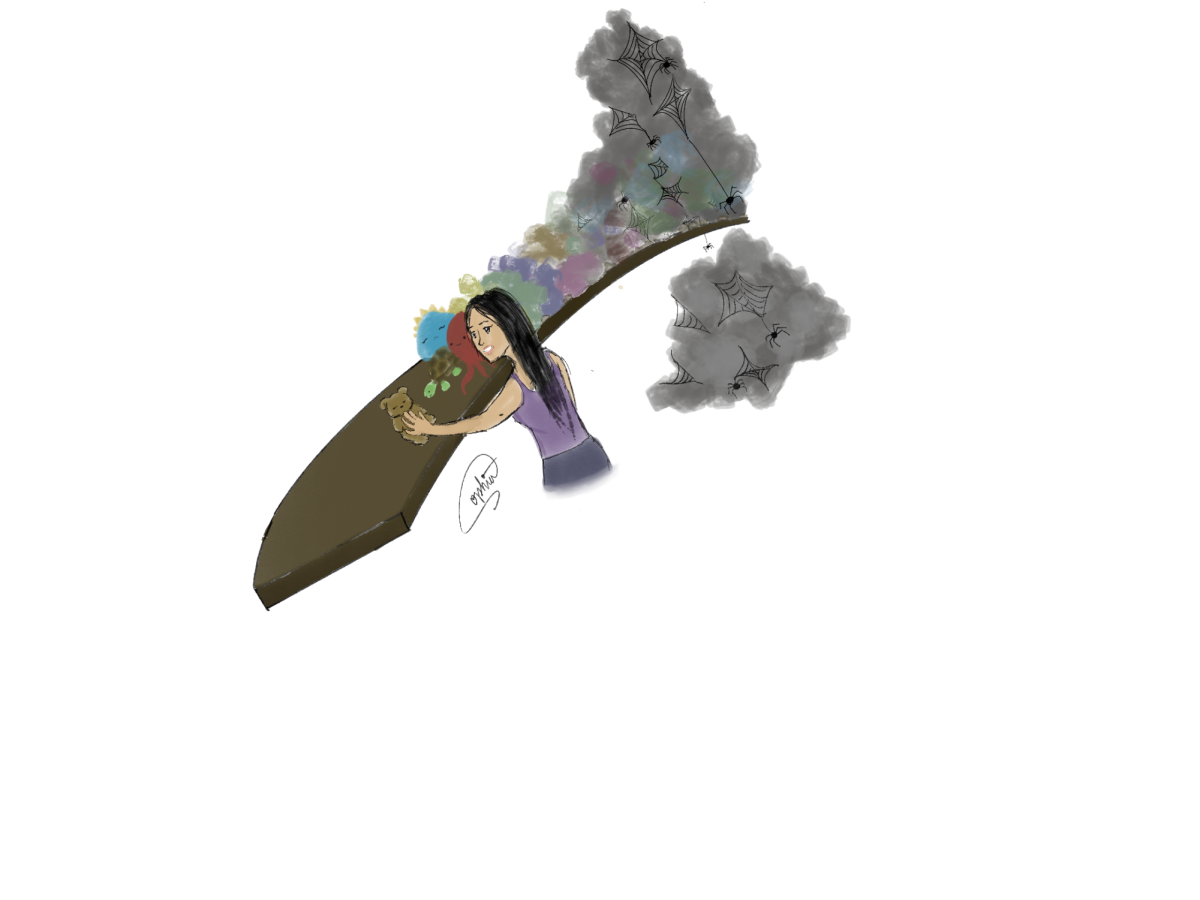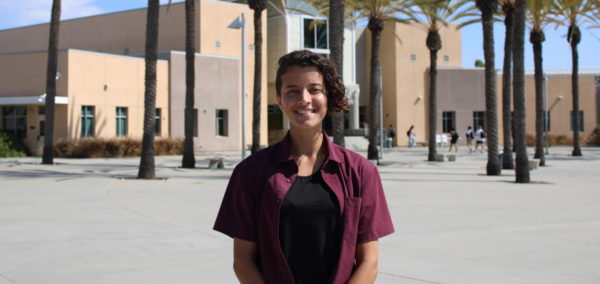On April 9, a comprehensive abortion ban originally from 1864 was upheld by the Arizona Supreme Court. All abortions in the state of Arizona are now illegal, except in cases where the mother’s life is in danger. The law makes no exception for cases of rape or incest. For now, the case is being sent back to lower courts to hear more arguments, but after a period of pause, the ban may be enforced no sooner than June 8.
However, after a narrowly successful repeal vote in the Arizona House of Representatives on April 24 and in the Arizona Senate on May 1, the 1864 bill has been struck down. But even though the 1864 law has been repealed, the fact that it took over 100 years to get rid of is cause for concern.
This attack on reproductive rights is, unfortunately, only one of many that we’ve seen in the U.S. during recent years, especially after the Dobbs v. Jackson Supreme Court ruling that overturned Roe v. Wade.
Many people seem to believe that abortion bans are far-fetched in the liberal state of California. But this simply isn’t the case. From Westview, you could get in your car and drive to Yuma, Arizona in only 3-4 hours. While many of us would like to think we will always be protected from attacks on our rights, in reality, the movement to ban abortion is closer than we think. Twenty-one states restrict abortion further than permitted in the recently overturned Roe v. Wade case and these laws threaten millions of people nationwide.
Abortion, as we’ve all seen, is a highly contentious issue in the U.S. Even though Arizona has voted the 1864 law, the narrow margin of the House vote and strong backlash from Arizona Republicans clearly illustrates the conflict between pro-life and pro-choice. This struggle extends far beyond Arizona’s borders, though. Even though California is a liberal state and the chances of a state ban on abortion is low, the abortion debate has influenced us on a national scale.
Arizona’s law had regressed 160 years, back to an archaic time when women could not even vote. Instead, we should be far past suppressing women’s and reproductive rights for any reason, whether it be religion, party alignment, or moral values. Restricting access to abortions harms the people who need it the most, including preteens and adolescents who are victims of horrific crimes like rape and incest. If you don’t want to have one, then that’s absolutely your decision. But if you want or need one, there should be accessible options.
Though this law is appalling, there is still hope for abortion advocates and all of those who may be impacted by the new restrictions. For one, 20 states and Washington D.C. have legalized abortion, with only some having limits like the ones outlined in Roe v. Wade. Across the ocean, France enshrined the right to an abortion in its constitution on March 4.
Even so, laws like these could set a dangerous precedent for restricting access to healthcare as well as minimizing reproductive rights. The abortion battle will continue to rage on, past the upcoming presidential election and into the foreseeable future. While there is no way to guarantee success, it is imperative that we keep fighting to secure these rights and repeal the unjust laws forbidding them.





